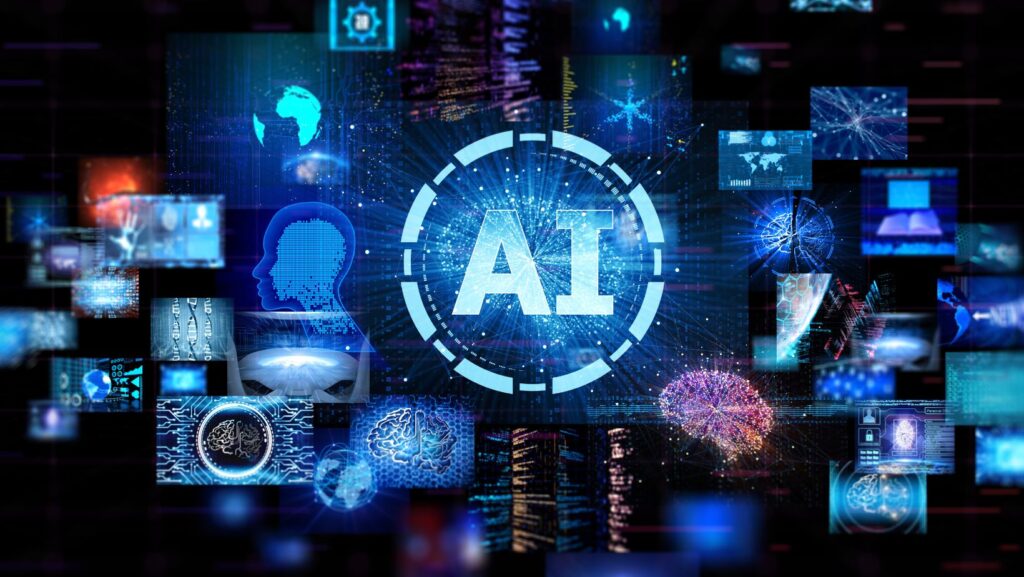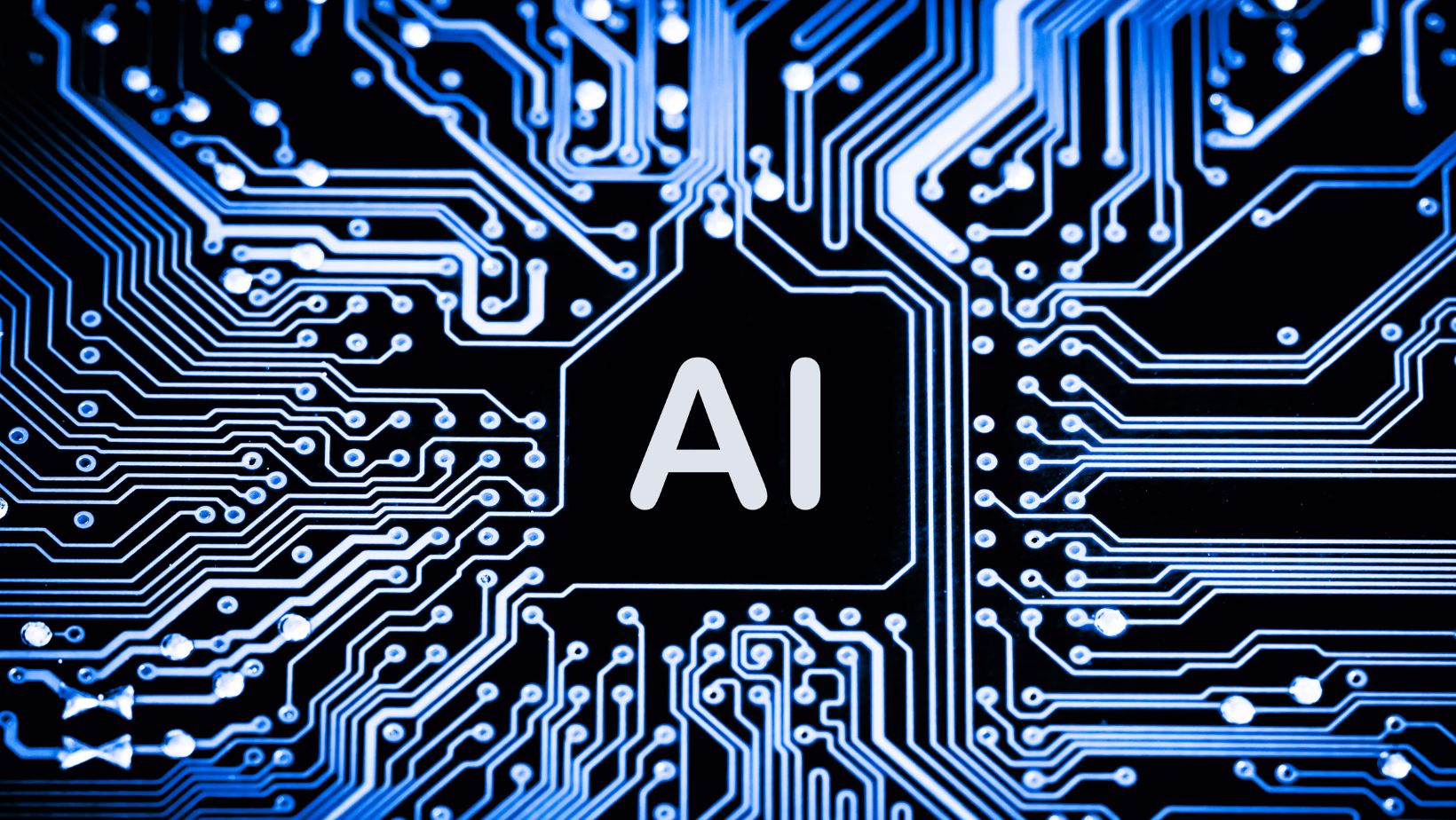
Artificial intelligence has woven itself into nearly every aspect of modern life, from streamlining daily tasks with smart assistants to revolutionizing industries like healthcare, finance, and entertainment. While these advancements promise convenience and innovation, they also raise pressing ethical concerns that impact privacy, fairness, accountability, and societal equality.
Privacy Concerns in Digital Applications
The ability to analyze large volumes of data has brought significant benefits to industries such as healthcare, finance, and marketing. However, this capability often comes at the cost of personal privacy.
Many systems rely on data collection from users, sometimes without clear consent or understanding. Smart home devices, for instance, record conversations and behaviors to improve functionality, potentially leading to intrusive monitoring if not properly managed.
Balancing innovation with privacy rights remains a significant ethical challenge. Companies using these technologies must ensure transparency in how data is collected, stored, and used.
Accountability and Transparency in Automated Decisions
Automated tools now influence many decisions, including credit scores and medical diagnoses. However, the complexity of these systems often makes it challenging to understand how decisions are reached. This lack of clarity, known as the “black box” problem, creates accountability issues when outcomes are questioned.
When an autonomous vehicle causes an accident, for example, determining responsibility, whether it lies with the manufacturer, the software developer, or the operator, becomes difficult. Clear guidelines for accountability and mechanisms to explain decisions in understandable terms are essential for fostering trust and minimizing misuse.
The Impact on Employment and Economic Inequalities
Artificial intelligence, powered by advanced tools, has disrupted labor markets, replacing human workers in sectors such as manufacturing, logistics, and customer service. While efficiency gains are significant, job displacement creates ethical concerns, particularly for vulnerable populations.
To ensure fair outcomes, steps must be taken to distribute the benefits of automation equitably. This includes retraining opportunities for displaced workers and policies that foster the growth of industries creating new jobs.
Challenges and Benefits of Automated Systems
The adoption of advanced technologies across industries comes with both challenges and significant benefits. While concerns about privacy, bias, and accountability have sparked ongoing debates, these systems also deliver transformative benefits, enhancing convenience, personalization, and efficiency in various sectors.
Challenges
The use of automated systems introduces several ethical challenges, particularly when algorithms lack transparency or fairness. In some cases, bias in data sets used to train these systems can perpetuate discrimination, resulting in unfair outcomes in hiring, lending, and other critical areas. Privacy concerns also loom large, as many platforms collect and analyze personal data, sometimes without explicit consent.
In the financial sector, algorithms are used to determine credit scores or approve loans, yet biases in the underlying data can lead to unfair practices, such as higher rejection rates for minority groups. Similarly, in the hiring process, automated resume screening tools have come under scrutiny for perpetuating gender or racial biases that disadvantage qualified candidates.
Benefits
Despite the challenges, the integration of automated systems has brought undeniable benefits, particularly in enhancing personalization and improving efficiency across various platforms. E-commerce platforms, for instance, use recommendation engines to suggest products tailored to individual preferences, while streaming services offer curated content that aligns with users’ interests.
In the gaming industry, online casinos have adopted similar systems to improve the player experience. Algorithms analyze user behavior to recommend games that match individual playing styles, making gaming more engaging and immersive. Additionally, casinos use automation to design tailored promotions and bonuses that cater to player preferences. One popular example is the use of no-deposit bonuses, which allow players to explore platforms without financial risk.
These tailored bonuses and promotions not only enhance player satisfaction but also help online casinos stand out in a competitive market. Many of these casinos are frequently recognized by trusted review platforms, often earning spots on a curated list of no deposit bonuses by Insider Gaming. Such resources provide transparency and help players identify trustworthy platforms that offer rewarding experiences.
Conclusion
The ethical implications of advanced innovation in everyday life are as complex as the systems themselves. While these tools offer immense benefits, they also present challenges that demand thoughtful development and oversight.
Safeguarding privacy, preventing bias, and ensuring transparency are key to addressing these concerns. By adhering to ethical principles, society can harness the benefits of automation responsibly, ensuring these advancements improve lives without compromising fundamental values.









